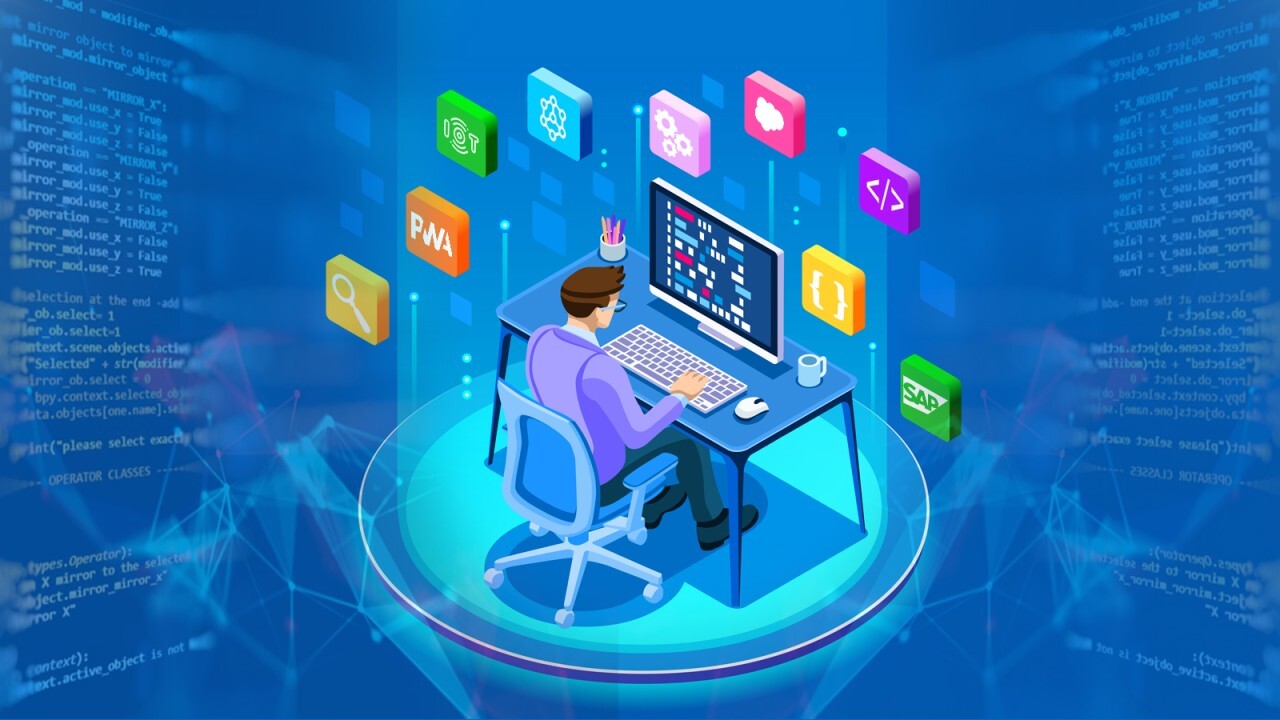Introduction:
In the ever-evolving landscape of software development, staying updated with the latest trends is crucial to remain competitive. With innovations surfacing at an unprecedented pace, developers are constantly exploring new technologies to enhance productivity, efficiency, and user experience. In this blog post, we delve into the cutting-edge technologies reshaping the software development field, offering insights into their applications and potential impact.
1. Artificial Intelligence (AI) and Machine Learning (ML):
– AI and ML are redefining software development by enabling systems to learn from data, identify patterns, and make decisions autonomously.
– Applications: Natural Language Processing (NLP), Computer Vision, Predictive Analytics, Recommendation Systems.
– Impact: Streamlining processes, personalizing user experiences, and improving decision-making.
2. Blockchain Technology:
– Blockchain offers decentralized and secure data management, ensuring transparency, immutability, and trust in transactions.
– Applications: Cryptocurrencies, Supply Chain Management, Smart Contracts, Identity Verification.
– Impact: Enhancing security, eliminating intermediaries, and fostering trust in digital interactions.
3. Internet of Things (IoT):
– IoT connects everyday objects to the internet, enabling data collection, analysis, and remote control for enhanced functionality.
– Applications: Smart Homes, Wearable Devices, Industrial Automation, Healthcare Monitoring.
– Impact: Improving efficiency, optimizing resource utilization, and enabling proactive decision-making.
4. Edge Computing:
– Edge computing brings computation and data storage closer to the source of data generation, reducing latency and improving performance.
– Applications: Real-time Analytics, Autonomous Vehicles, IoT Devices, Augmented Reality (AR)/Virtual Reality (VR).
– Impact: Accelerating data processing, enabling low-latency applications, and enhancing user experiences.
5. DevOps and Continuous Integration/Continuous Deployment (CI/CD):
– DevOps emphasizes collaboration between development and operations teams, while CI/CD automates the software delivery process.
– Applications: Agile Development, Continuous Testing, Deployment Automation.
– Impact: Speeding up software delivery, ensuring reliability, and fostering a culture of collaboration and innovation.
6. Low-Code/No-Code Development:
– Low-code and no-code platforms enable users to build applications with minimal coding, empowering citizen developers and accelerating development cycles.
– Applications: Rapid Prototyping, Business Process Automation, Citizen Development.
– Impact: Democratizing software development, reducing time-to-market, and addressing skill shortages.
7. Quantum Computing:
– Quantum computing harnesses quantum phenomena to perform complex computations, offering unprecedented processing power.
– Applications: Cryptography, Drug Discovery, Optimization Problems, Machine Learning.
– Impact: Solving computationally intractable problems, revolutionizing various industries, and enabling breakthrough innovations.
Conclusion:
As software development continues to evolve, embracing emerging technologies becomes imperative for organizations to thrive in a highly competitive digital landscape. By leveraging AI, blockchain, IoT, edge computing, DevOps, low-code/no-code development, and quantum computing, developers can create innovative solutions that drive business growth, enhance user experiences, and shape the future of technology. Embrace these trends, stay agile, and embark on a journey towards technological excellence.
